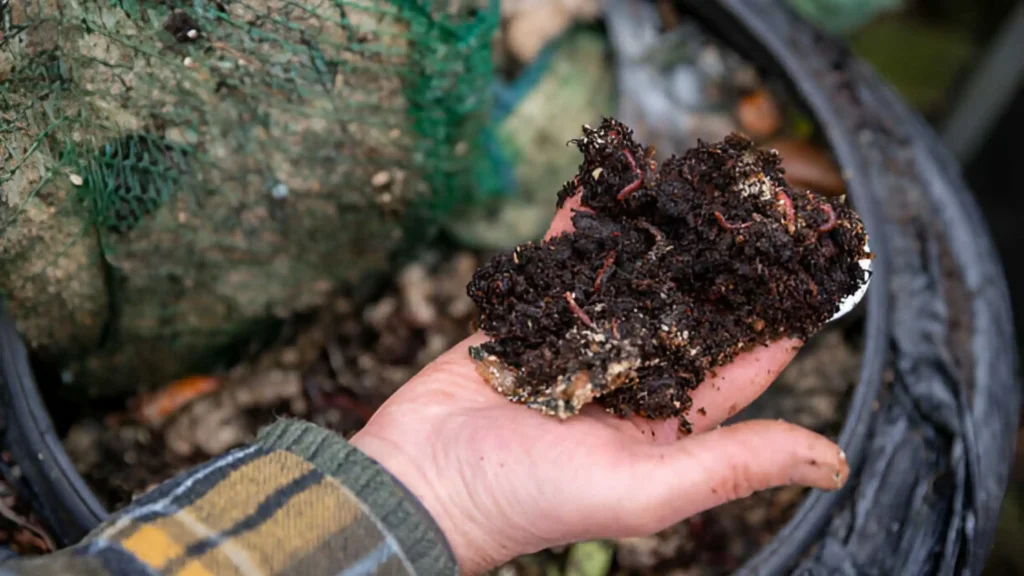Carbon Farming: Using Organic Practices to Combat Climate Change
Introduction One of the most critical challenges of our day is climate change, which impacts human communities, weather patterns, and ecosystems worldwide. Among the many approaches to address this issue, carbon farming has emerged as a viable tactic. This strategy supports sustainable agriculture, improves soil health, boosts biodiversity, and sequesters carbon. In this extensive …
Carbon Farming: Using Organic Practices to Combat Climate Change Read More »





